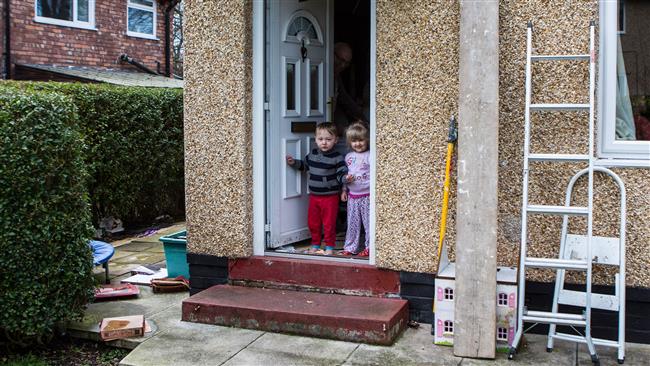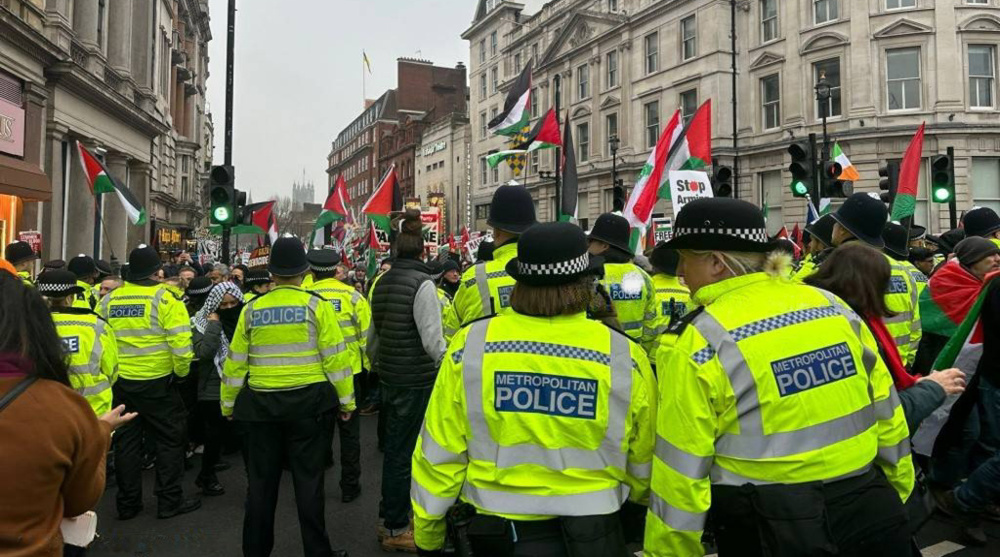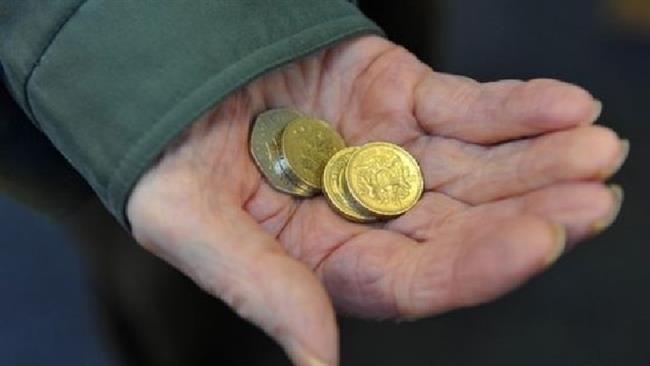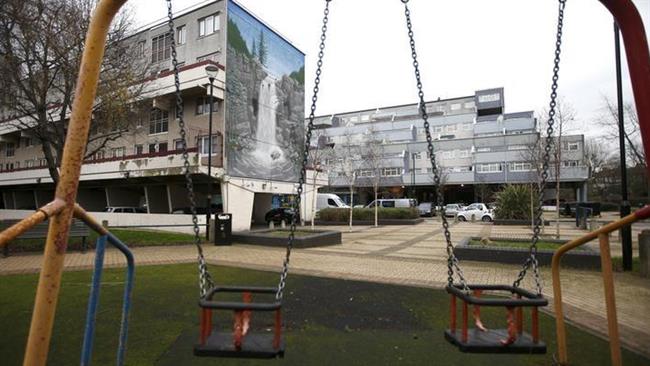Most children in UK's poorest areas now growing up in poverty: Study
More than half of all children in Britain’s very poorest areas are now growing up in poverty as the impact of cuts to benefits are leading to an “emerging child poverty crisis,” according to a new study.
The findings published on Wednesday indicated that the most deprived parts of the UK have experienced the biggest increases in child poverty over the past two years, with parts of London and Birmingham seeing levels rise by 10 percentage points to above half of all children.
The End Child Poverty coalition of charities, which has collected the data, attributes the “shocking” figures to the government’s freeze on children’s benefits, which has been in place since 2015.
Sam Royston, chair of End Child Poverty and director of policy and research at the Children’s Society, said it was “scandalous” that a child born in some parts of the UK had a “greater chance of growing up in poverty than being in a family above the breadline.”
“There can be little doubt that the government’s policy of maintaining the benefits freeze despite rising prices is a major contributor to the emerging child poverty crisis. No family in modern Britain should be struggling to put food on the table, heat their homes and clothe their children,” Royston noted.
“End Child Poverty is calling on the Chancellor [of the Exchequer] to end the freeze on children’s benefits, and to invest in interest free credit for low income families, to ensure that poverty doesn’t result in spiralling debt,” he added.
Child poverty campaigners have demanded an urgent plan from the government, specifically urging Prime Minister Theresa May to reform Britain’s social security system.
The proportion of children living in poverty is likely to rise to around 30 percent by 2022, up from 27.5 percent in 2015, according to the Institute for Fiscal Studies (IFS).
The forecast from the IFS risks embarrassing Chancellor of the Exchequer Philip Hammond who has shown no sign of abandoning existing policy to freeze most benefits for four years.
There is broad consensus among economists that Brexit will have a prolonged effect on the British economy and will ultimately diminish output, jobs and wealth to some degree.
VIDEO | Alliance turned battlefield
Venezuela’s Iran embassy: US misjudged Maduro, expected a Noriega, found a Mandela
'Security a red line': Iran vows 'decisive' response to threats
Iran not afraid of enemy, will not submit to US domination: IRGC
Iran foils foreign-linked sedition network, arrests armed suspects
UK acting as US vassal state on Venezuela
VIDEO | US kidnapping of Maduro, and the 'Donroe' Doctrine
US drops cartel claims against Maduro after invasion, kidnap














 This makes it easy to access the Press TV website
This makes it easy to access the Press TV website